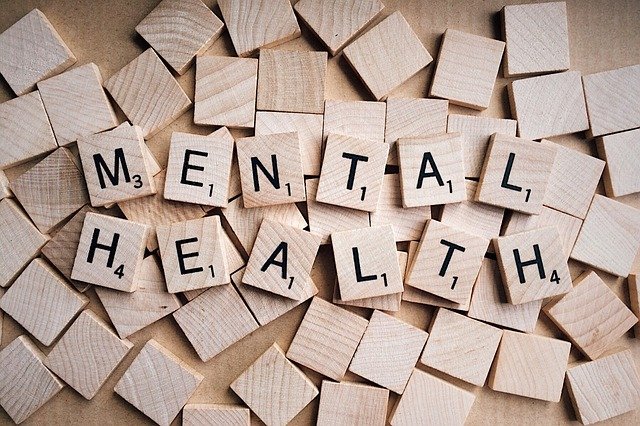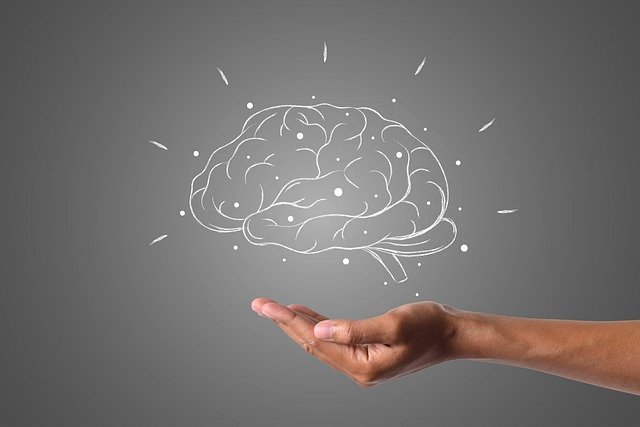An ardent believer of Stoicism, an ancient philosophy that is becoming a huge trend among the elites of Silicon Valley including Jack Dorsey, the 42-year-old billionaire, co-founder and CEO of Twitter and Square. Dorsey has quite a reputation for being a huge fan of health and wellness.
Running one of the largest companies in Silicon Valley can be a demanding task and Dorsey has discovered several well-being biohacking tools such as Stoicism, vipassana meditation, intermittent fasting, drinking salt juice and sauna therapy that aid him in staying at the top of his game, both physically and mentally.
Dorsey claims to be an avid sauna user and has been using the sauna for the last 3 years. He normally takes around 3 sauna sessions in a day and often combines the sauna session with cold baths just before going to bed.
When Dorsey was a guest on the podcast hosted by Ben Greenfield, he discussed what sauna therapy has done for him. He stated that he felt extremely energized and cleaner after using the sauna.
Dorsey’s Sauna Routine
Dorsey began using sauna therapy and ice baths for the last 3 years. He first sits in the barrel sauna, which is set at a temperature of around 220ºF for around 15 minutes and then gets into an ice bath that is at a temperature of 37ºF for around 3 minutes. He then repeats the same process two more times and finishes off the routine with one minute in the ice bath. The entire routine of sauna and ice baths takes just around one hour and he absolutely relishes it.
Apart from the barrel sauna, recently Dorsey purchased a small portable low-EMF infrared sauna tent that heats up by making use of near-infrared bulbs to help detoxify, promote cellular regeneration and prevent injuries, illnesses and aging. Dorsey states that this helps in making him sweat a lot more at a much lower temperature compared to a dry sauna. He generally uses the infrared sauna all through the week, while relaxing in the traditional barrel sauna.
The theory behind the concept of the contrast baths of sauna sessions along with cold water baths is that the warmth of the sauna helps the capillaries to open up quickly, while the cold makes them close up and the pumping action helps to reduce inflammation and swelling in the body.
It has been seen that ice baths help to improve recovery from training by decreasing muscle soreness, inflammation and it also boosts healing, while sauna use is linked with several advantages such as the reduced risk of pneumonia, stroke, Alzheimer’s disease and reducing blood pressure.
Mental Benefits of Sauna Therapy

The mental benefits of sauna therapy have been researched a lot. Apart from several general benefits that have been attributed to sauna use, Dorsey’s statement that he feels energized after using a sauna shows that the sauna has a lot to offer, including helping the mental state by enhancing the mood and also helping with mental issues like stress, anxiety and depression in a similar way like exercise.
Sauna therapy helps to create a healthier mental state, both in terms of better mental functioning, as well as mood. It is no wonder that Finland, a sauna-loving country is among the happiest countries in the world.
Sauna and BDNF
Studies show that BDNF or brain-derived neurotrophic factor increases in the presence of high heat. BNDF supports the existing brain cells and helps to increase the new brain cell rate in combination with exercise. This may result in better learning rates. Also, BNDF helps to increase long-term memory and helps brain plasticity or helps the brain to adapt to changes.
It has also been seen that high BDNF levels can help to lessen anxiety and depression and helps to combat depression in cancer patients and depression due to childhood events. According to a study by Dr. Charles Raison, sauna therapy has shown great results in patients suffering from depression. It was seen that 16 participants suffering from depression saw a reduction of their depression score by almost 50% in 5 days after a single hyperthermia session.
Sauna and Dynorphin
Most people have probably experienced a runner’s high, which is attributed to endorphins. While endorphins are commonly associated with the good feelings one experiences while exercising, the body’s reaction and the release of dynorphin, a peptide are lesser-known causes.
High-intensity exercise or exposure to very high temperatures such as sauna therapy causes the release of dynorphin, which creates discomfort leading to the upregulation and sensitization of the opioid receptors, which interact with the endorphins, which offers a good feeling when you push the limits while working out or spend time in the sauna. In fact, it has been proven that sauna therapy helps to boost the endorphin levels in the body more compared to exercise.
Sauna Improves Focus and Brain Function

Sauna induces hyperthermia or overheating, which helps to activate the sympathetic nervous system and also the hypothalamic-pituitary-adrenal axis. There are studies that show that there was an increase in the norepinephrine by 310% after sauna sessions at around 176ºF. In these sessions, the prolactin increased by 10 times and the cortisol levels were reduced. In another study, it was seen that a moderate sauna usage of 20 minutes 2 times a week increased prolactin by 510% and norepinephrine by 86%.
The norepinephrine helps to boost focus and pay attention, while the prolactin allows better brain function by increasing the myelin production. The plus is that sauna use helps your body to store norepinephrine for later use. When you exercise, norepinephrine is released which is a major factor in treating children with ADHD.
According to Rhonda Patrick, a famous researcher, in children with ADHD, the norepinephrine response is blunted, and often, norepinephrine reuptake inhibitors are prescribed to treat ADHD in children. And in the future, heat stress or sauna may be used as an alternative approach for the treatment of ADHD.
Thus, we can see how sauna therapy can help immensely in improving brain function and even famous people like Jack Dorsey advocate the use of sauna therapy for good health and well being.
